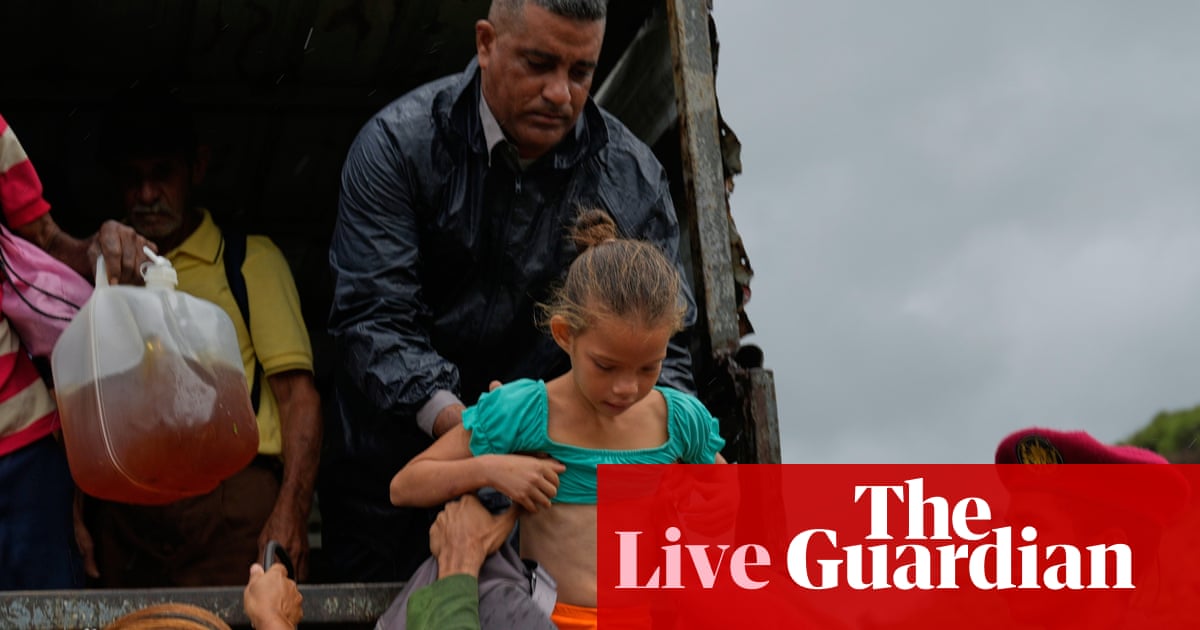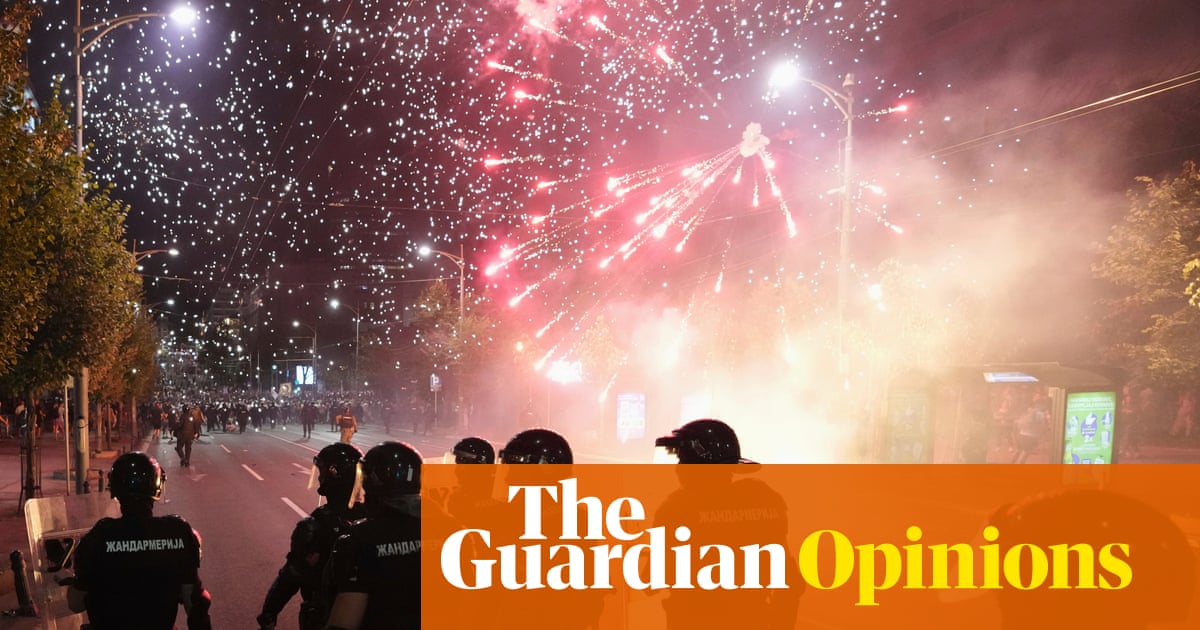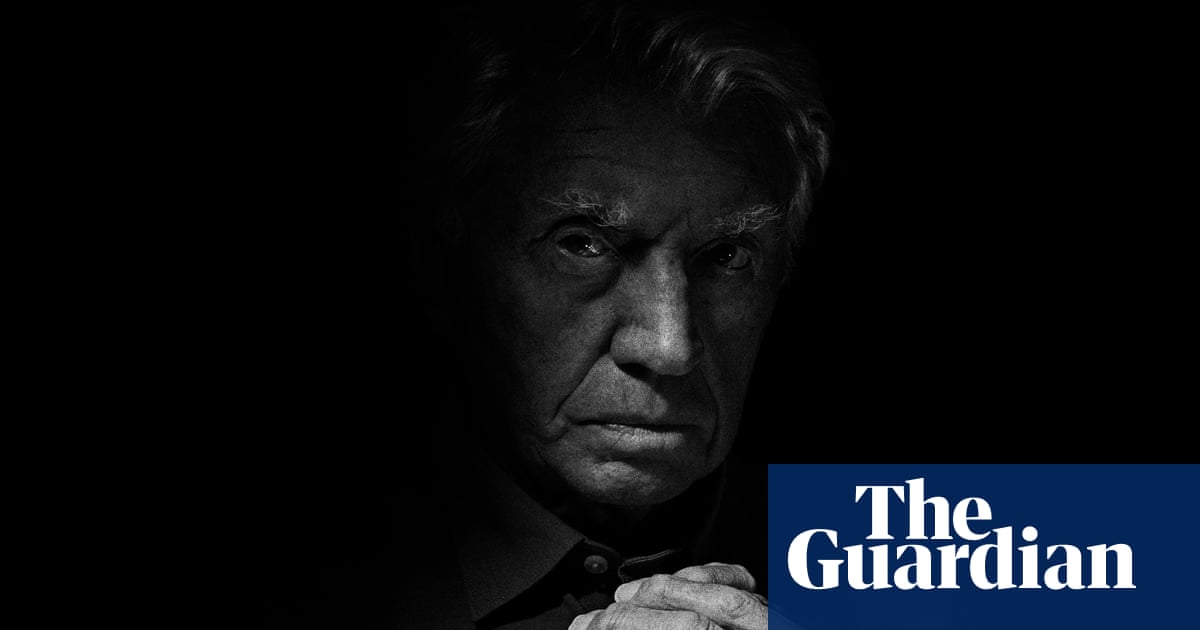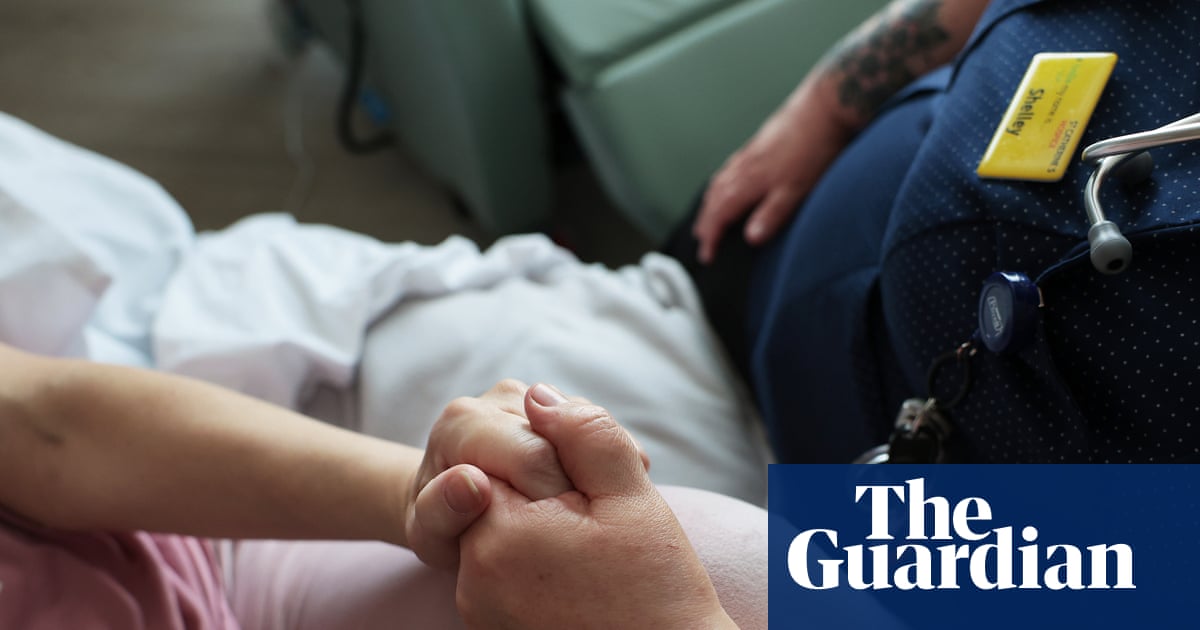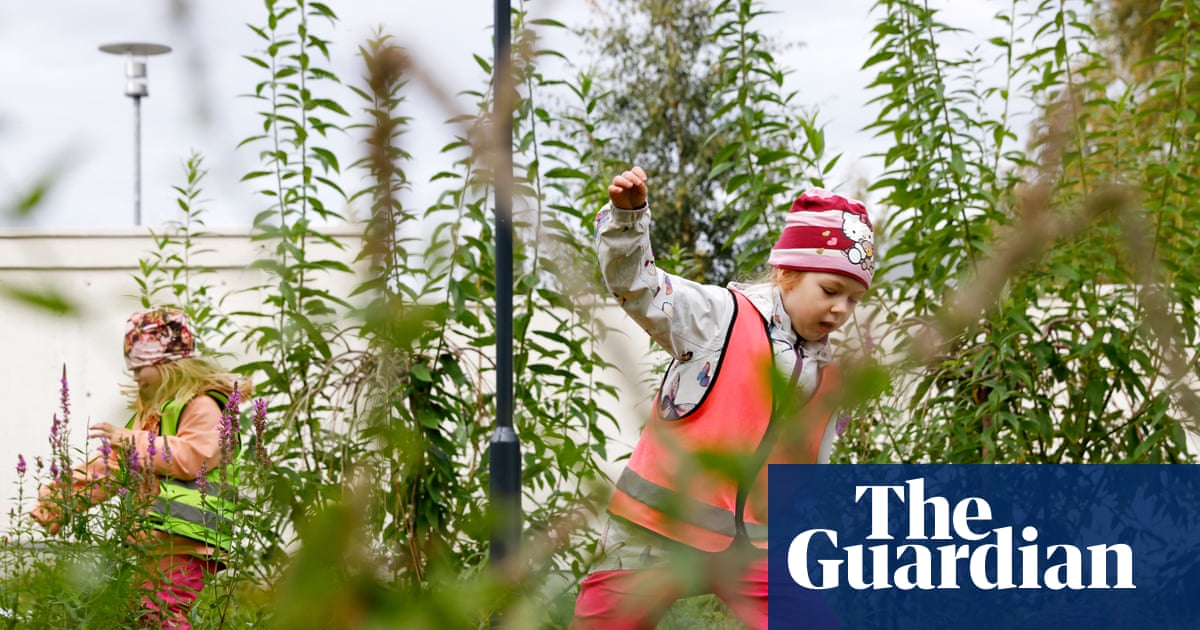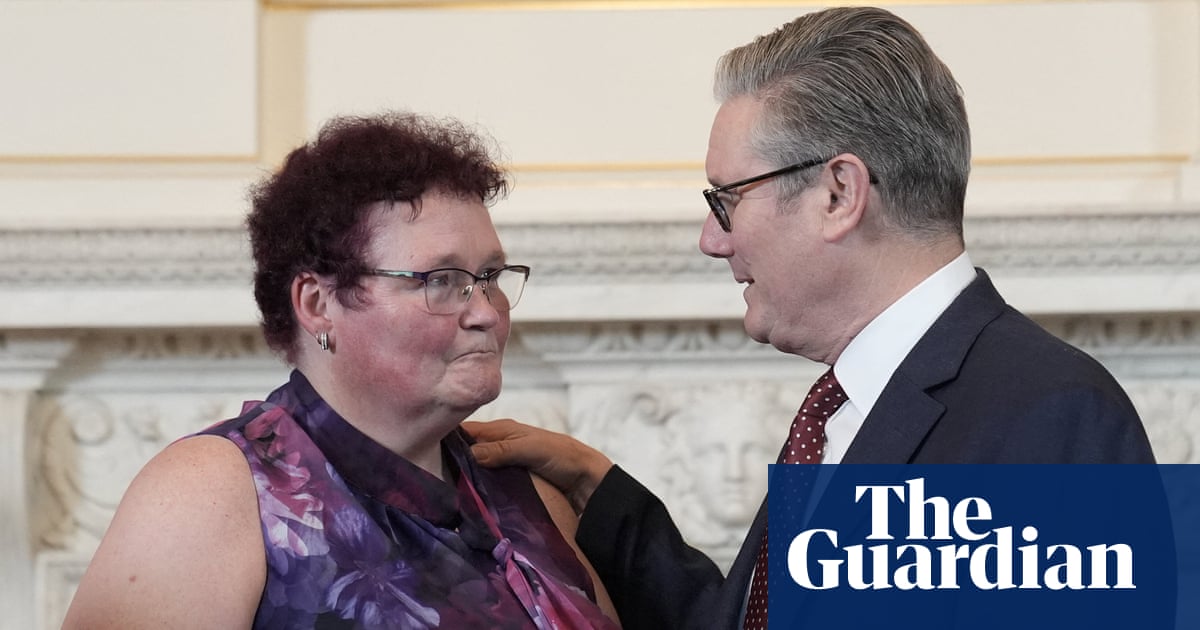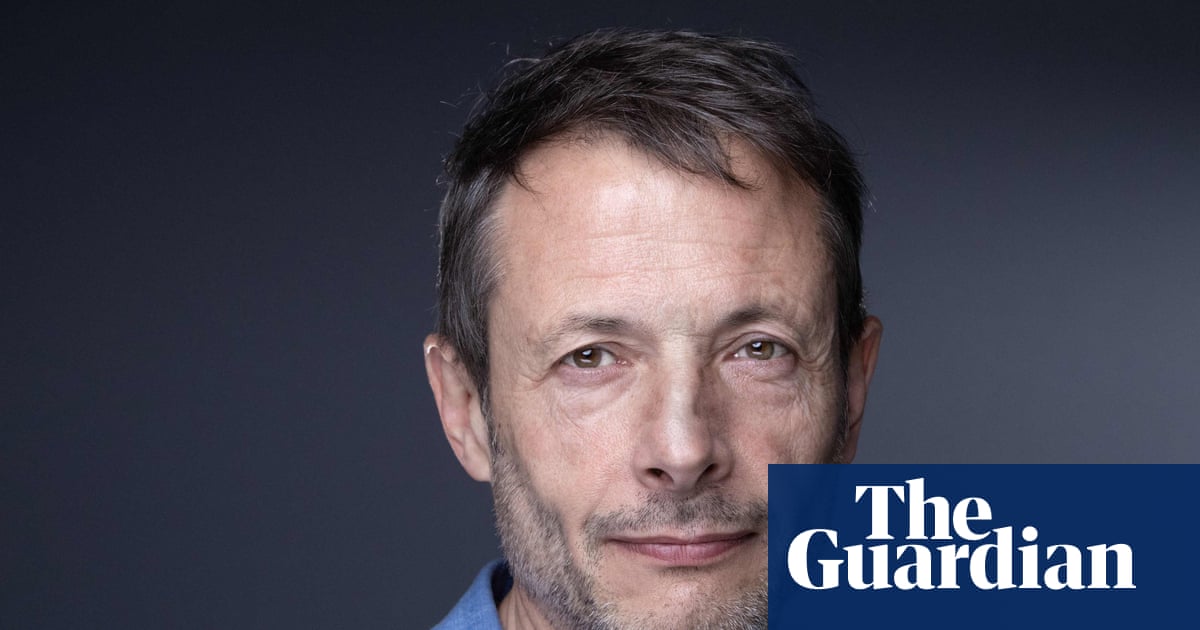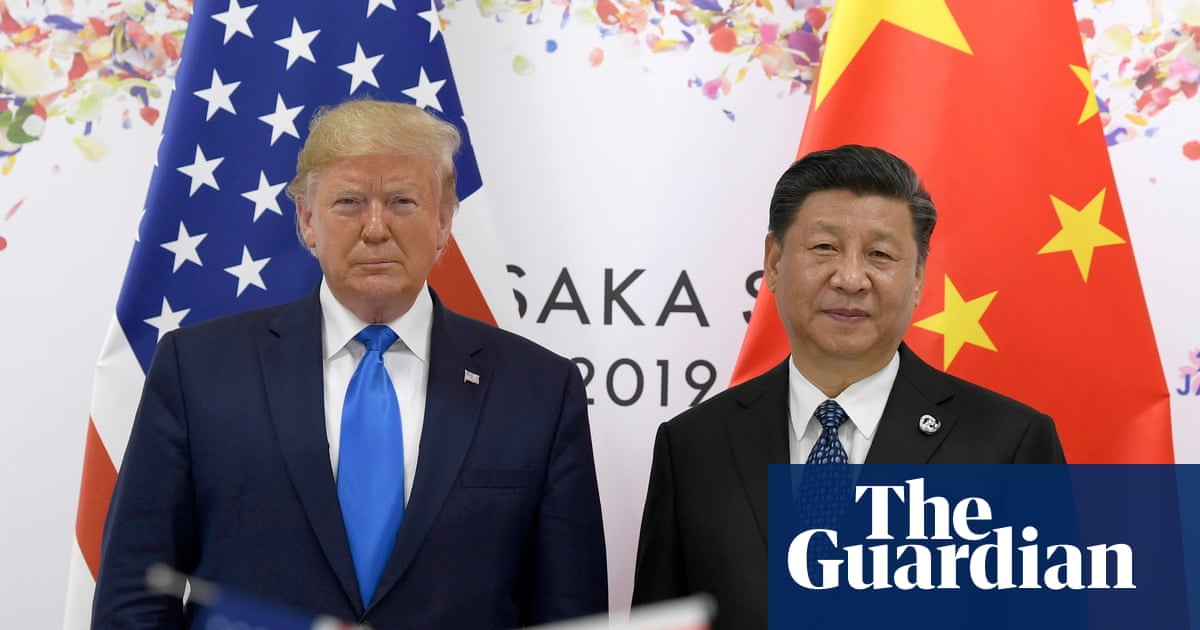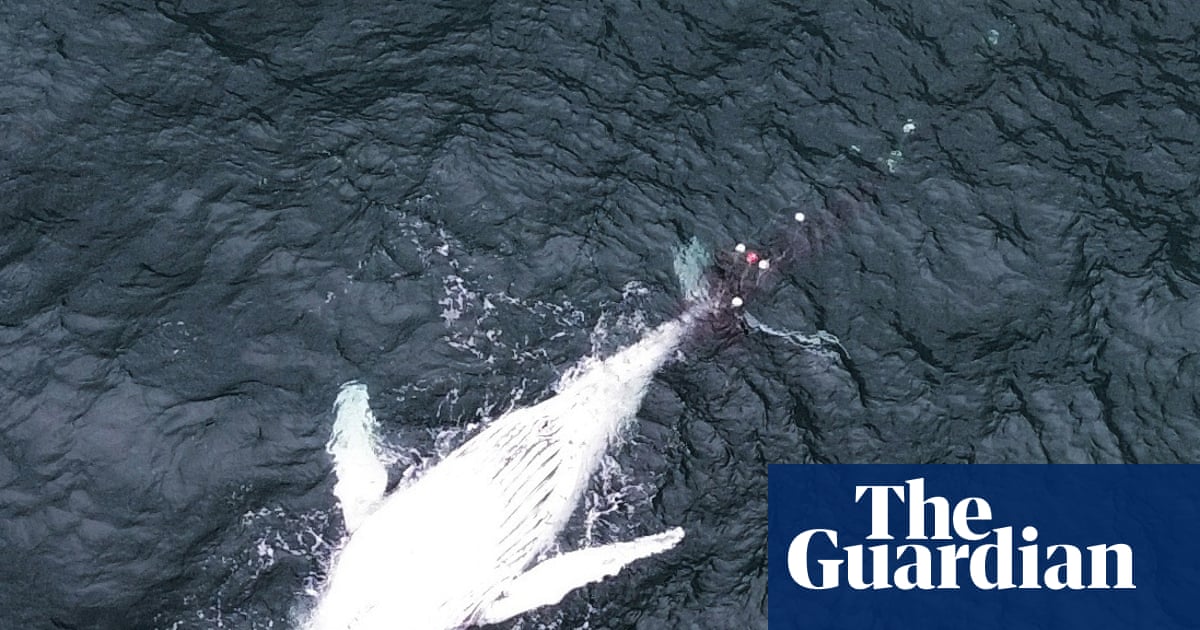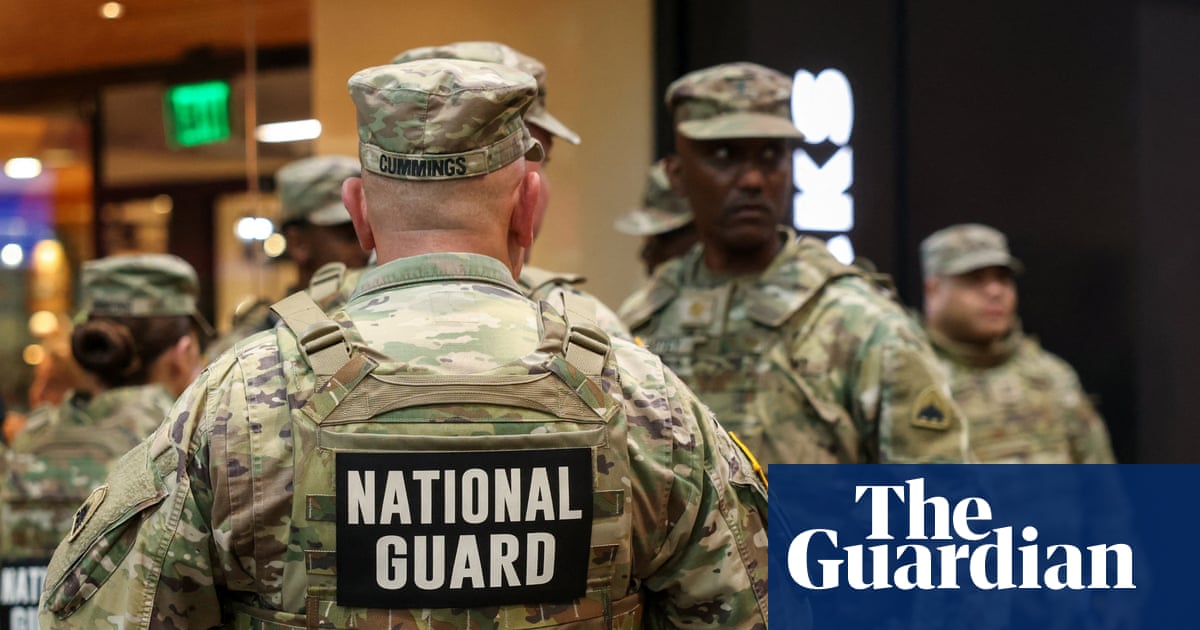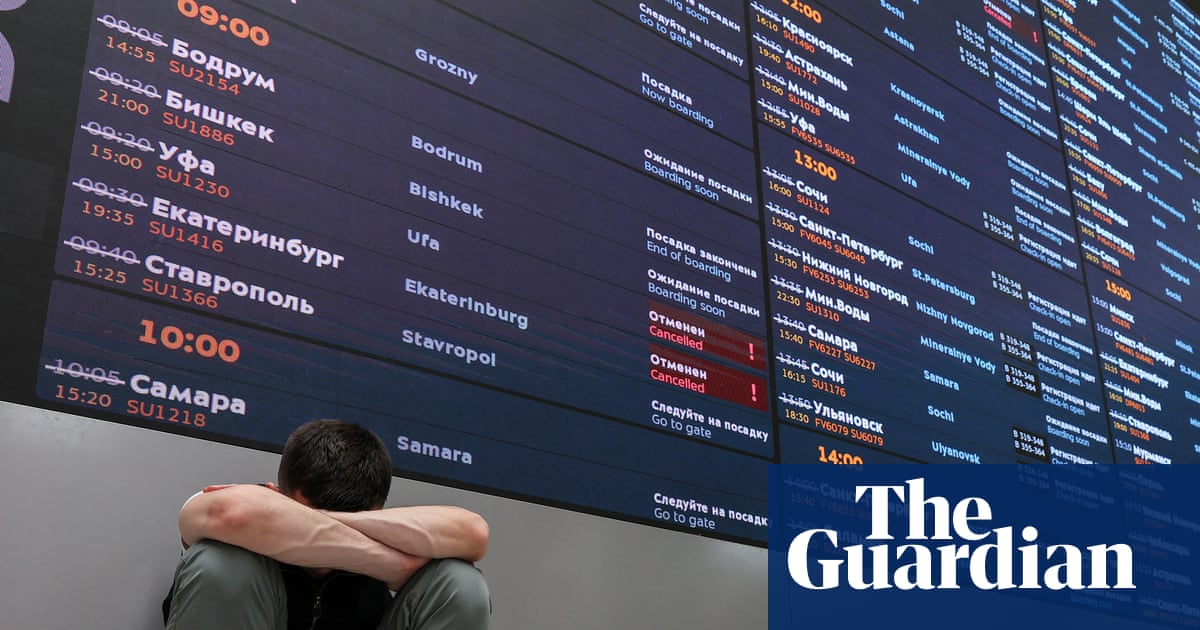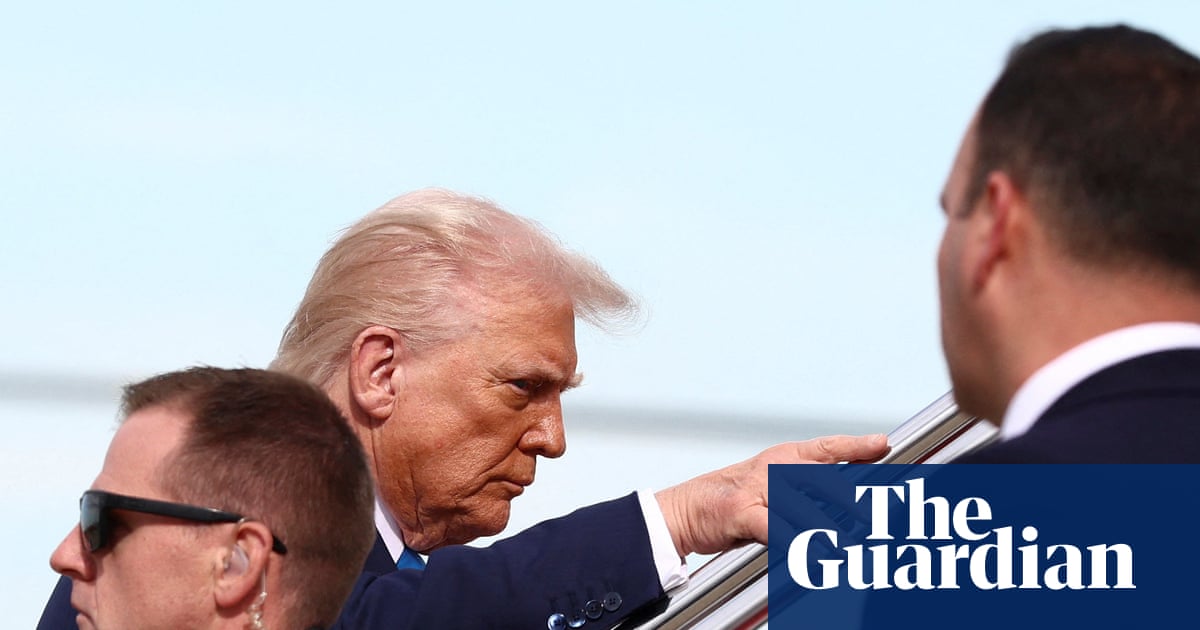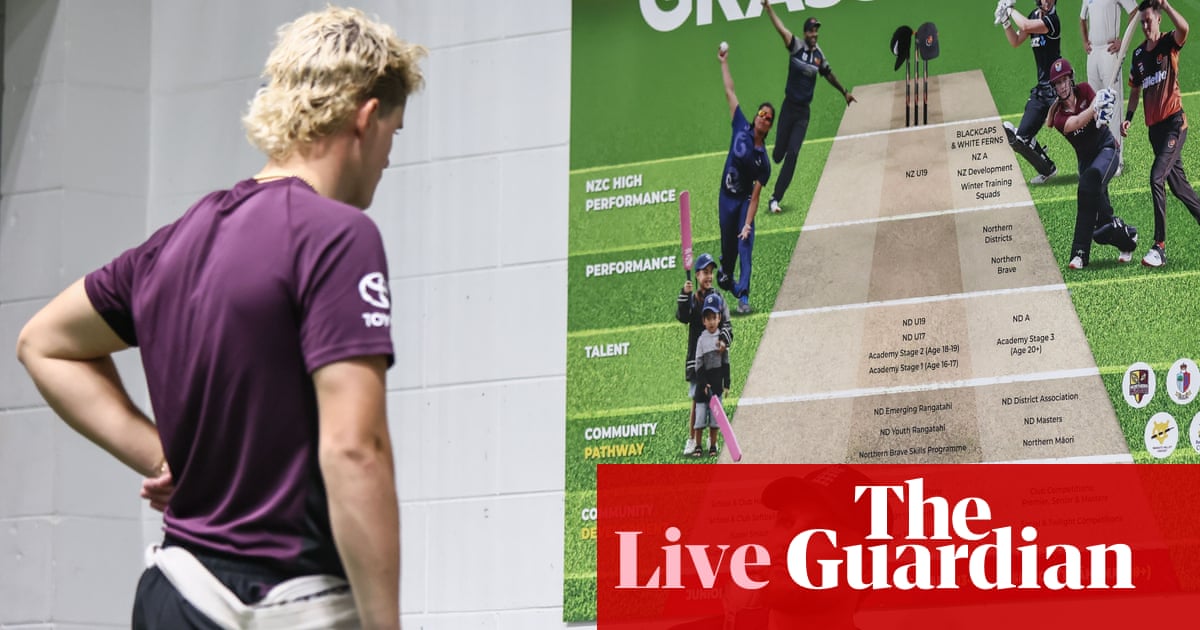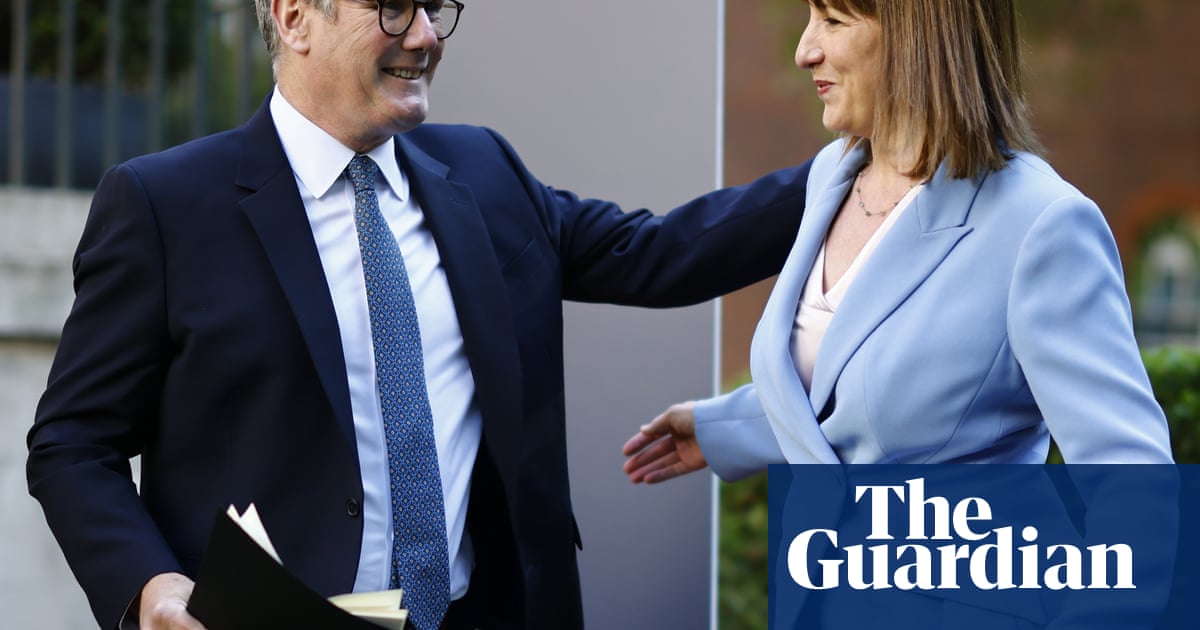Syrian security forces ready to deploy to Sweida
Syrian security forces are preparing to redeploy to the Druze-majority Sweida city to quell fighting by the Druze and Bedouin tribes, the Syrian interior ministry spokesperson said on Friday, Reuters reports.
A ceasefire announced on Wednesday briefly ended days of bloody fighting that erupted when Bedouin and Druze fighters clashed in Sweida province, prompting the Syrian government to send in troops – further spiking violence.
The clashes drew in Israel, which said it would not allow Syria’s Islamist-led government to deploy troops to the south and struck Syrian troops in Sweida, the defence ministry and close to the presidential palace in Damascus.
Syrian troops withdrew from Sweida after the truce was announced but clashes sparked up again late on Thursday between the tribal Bedouin fighters and the Druze, part of a religious minority that also has followers in Lebanon and Israel.
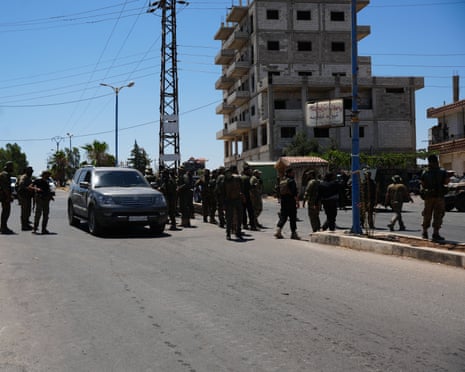
Israel’s military carried out fresh strikes in Sweida province overnight. However, Israel on Friday denied reports on the Syrian state news agency that it had conducted further airstrikes near the city of Sweida late the previous day, Agence France-Presse (AFP) reports.
“The (Israeli military) is not aware of overnight strikes in Syria,” a spokesperson told AFP.
Key events Show key events only Please turn on JavaScript to use this feature
Israeli strikes kill 14 in Gaza
Gaza’s civil defence agency said on Friday that Israeli strikes killed 14 people in the north and south of the war-ravaged Palestinian territory, Agence France-Presse (AFP) reports.
The emergency service said fighter jets conducted airstrikes and there was artillery shelling and gunfire in the early morning in areas north of the southern city of Khan Younis.
Agency official Mohammed al-Mughayyir said 10 people were killed in two separate strikes in the Khan Younis area, with one hitting a house and the other tents sheltering displaced people.
In Gaza’s north, four people were killed in an airstrike in the Jabalia al-Nazla area, he added.
Media restrictions in Gaza and difficulties in accessing many areas mean AFP is unable to independently verify tolls and details provided by the agency and other parties.
There was no immediate comment from the Israeli military, which asked for exact coordinates to look into the reports when contacted by AFP.
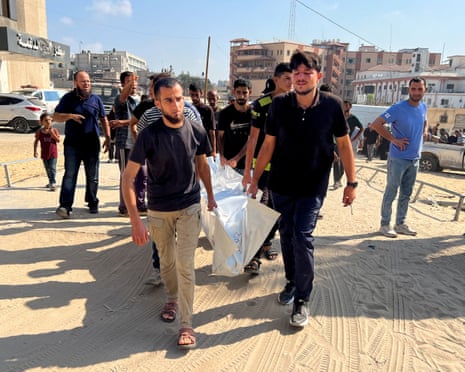
Syrian government security forces agreed with some of the Druze factions that they would re-enter Sweida to impose stability and protect state institutions, according to two Syrian officials who spoke to the Associated Press (AP) on Friday on condition of anonymity because they were not authorised to speak publicly.
Syrian government forces had largely pulled out of the Druze-majority southern province of Sweida after days of clashes with militias linked to the Druze religious minority that threatened to unravel the country’s fragile postwar transition.

William Christou
William Christou is a Beirut-based journalist, focusing on human rights investigations and migration issues. He has written the below article on the conflict in southern Syria.
Bahaa* had no choice but to keep on working as patient after patient came through the doors of the Sweida National hospital in southern Syria. Almost all bore similar injuries: gunshot wounds and bodies shredded by shrapnel from nearby exploding artillery.
“There were hundreds of wounded, no less than 200 bodies in the hospital. Many of them shot in the head, as if executed,” said Bahaa, a surgeon speaking of the events of this week in Sweida under a pseudonym for fear of retribution.
Videos filmed inside the hospital showed hallways lined with corpses, rooms stacked with body bags and corpses piled up outside. A second doctor from the intensive care unit said bodies had to be placed outside the morgue for lack of space.
The casualties, both civilian and military, were some of at least 516 civilians and fighters killed in four days of clashes in the Druze-majority province, according to figures given by the UK-based Syrian Observatory for Human Rights (SOHR).
At least 86 of those killed were field executions of Druze civilians by government fighters or allied militias, as well as three Bedouin civilians killed by Druze fighters, SOHR said.
The fighting, begun by a local dispute between Bedouin tribes and Druze fighters, quickly escalated and prompted Syrian government forces to intervene. Druze fighters resisted their entry into the province and clashes began with Syrian government forces.
You can read more of William Christou’s piece here: ‘Shot in the head, as if executed’: four days of violence end with hundreds dead in southern Syria
Syrian security forces ready to deploy to Sweida
Syrian security forces are preparing to redeploy to the Druze-majority Sweida city to quell fighting by the Druze and Bedouin tribes, the Syrian interior ministry spokesperson said on Friday, Reuters reports.
A ceasefire announced on Wednesday briefly ended days of bloody fighting that erupted when Bedouin and Druze fighters clashed in Sweida province, prompting the Syrian government to send in troops – further spiking violence.
The clashes drew in Israel, which said it would not allow Syria’s Islamist-led government to deploy troops to the south and struck Syrian troops in Sweida, the defence ministry and close to the presidential palace in Damascus.
Syrian troops withdrew from Sweida after the truce was announced but clashes sparked up again late on Thursday between the tribal Bedouin fighters and the Druze, part of a religious minority that also has followers in Lebanon and Israel.

Israel’s military carried out fresh strikes in Sweida province overnight. However, Israel on Friday denied reports on the Syrian state news agency that it had conducted further airstrikes near the city of Sweida late the previous day, Agence France-Presse (AFP) reports.
“The (Israeli military) is not aware of overnight strikes in Syria,” a spokesperson told AFP.
Opening summary
Hello and welcome back to the Guardian’s coverage of the Middle East.
Syrian security forces are preparing to redeploy to the Druze-majority Sweida city to quell fighting by the Druze and Bedouin tribes, the Syrian interior ministry spokesperson said on Friday.
It comes after the Syrian presidency accused “outlaw forces” – the term the government uses to refer to Druze factions in Sweida – of violating a renewed ceasefire that was announced late on Wednesday. The presidency said the forces had engaged in “horrific violence” against civilians including “crimes that completely contravene the obligations of mediation, directly threaten civil peace, and push towards chaos and security collapse”.
Syrian troops on Thursday pulled out of Sweida on the orders of the Islamist-led government, following days of deadly clashes that killed nearly 600 people, according to a war monitor.
Israel has said it warned the Syrian government to withdraw from the south and that it would not allow the Islamist rulers to build up on its borders.
The Israeli military carried out an airstrike on the outskirts of Sweida city as clashes between tribal fighters and Bedouin fighters intensified on Thursday night. The clashes started a wave of tit-for-tat retaliatory violence earlier on in the day after Syrian government forces withdrew from Sweida.
The United States said on Thursday it did not support recent Israeli strikes on Syria and had made clear its displeasure, while Syrian leader Ahmed al-Sharaa accused Israel of trying to fracture his country and promised to protect its Druze minority.
In other developments:
-
Israeli prime minister Benjamin Netanyahu expressed regret after Israeli tank fire killed three people at a Catholic church in Gaza on Thursday, blaming a “stray” round for the deaths after a phone call with US president Donald Trump. The Latin Patriarchate of Jerusalem said 10 others were also wounded in the attack on the Holy Family Church in Gaza City – the territory’s only Catholic house of worship – including parish priest Father Gabriel Romanelli.
-
A fire has torn through a newly opened shopping mall in the eastern Iraqi city of Kut, killing at least 61 people, as desperate families searched for missing relatives. Officials said many people suffocated in bathrooms, while one person said his five relatives died in a lift. The blaze – the latest in a country where safety regulations are frequently neglected – broke out late on Wednesday, reportedly starting on the first floor before rapidly engulfing the five-storey Corniche Hypermarket mall.
-
Qatar, Egypt and the US presented Israel and Palestinian Islamist militant group Hamas with an updated Gaza ceasefire proposal on Wednesday, Axios reported on Thursday, citing two sources. The two main updates in the latest proposal had to do with the scope of the Israeli military’s withdrawal from Gaza during a ceasefire and the ratio of Palestinian prisoners to be released for each Israeli hostage, Axios reported.
-
Top European diplomats told their Iranian counterpart on Thursday they were determined to reactivate UN sanctions if Tehran does not make progress on a nuclear deal, France’s foreign ministry said. The diplomats, from Britain, France, Germany and the European Union, told Iran’s foreign minister Abbas Araghchi of “their determination to use the ’snapback’ mechanism - which allows for the reimposition of all international sanctions against Iran - in the absence of concrete progress” towards a deal on Tehran’s nuclear programme “by the end of the summer”.
-
Four people were killed on Thursday in separate Israeli strikes on south Lebanon, the Lebanese health ministry reported, as Israel said it had targeted two Hezbollah members. The attacks are the latest despite a ceasefire between Israel and Iran-backed Hezbollah.
-
Europe’s largest missiles maker, MBDA, is selling key components for bombs that have been shipped in their thousands to Israel and used in multiple airstrikes where research indicates Palestinian children and other civilians were killed. A Guardian investigation with the independent newsrooms Disclose and Follow the Money has examined the supply chain behind the GBU-39 bomb, and the ways in which it has been deployed during the conflict.
-
Slovenia announced on Thursday that it would ban two far-right Israeli ministers from entering in what authorities said was a first in the EU. National Security minister Itamar Ben Gvir and finance minister Bezalel Smotrich will be declared “persona non grata,” the Slovenian government said in a statement, accusing them of inciting “extreme violence and serious violations of the human rights of Palestinians” with “their genocidal statements”.
-
Israel has refused to renew visas for the heads of at least three UN agencies in Gaza, which the UN humanitarian chief blames on their work trying to protect Palestinian civilians in the war-torn territory. Visas for the local leaders of the Office for the Coordination of Humanitarian Affairs, known as OCHA; the human rights agency OHCHR; and the agency supporting Palestinians in Gaza, Unrwa, have not been renewed in recent months, UN spokesperson Stephane Dujarric confirmed.

 3 months ago
53
3 months ago
53


